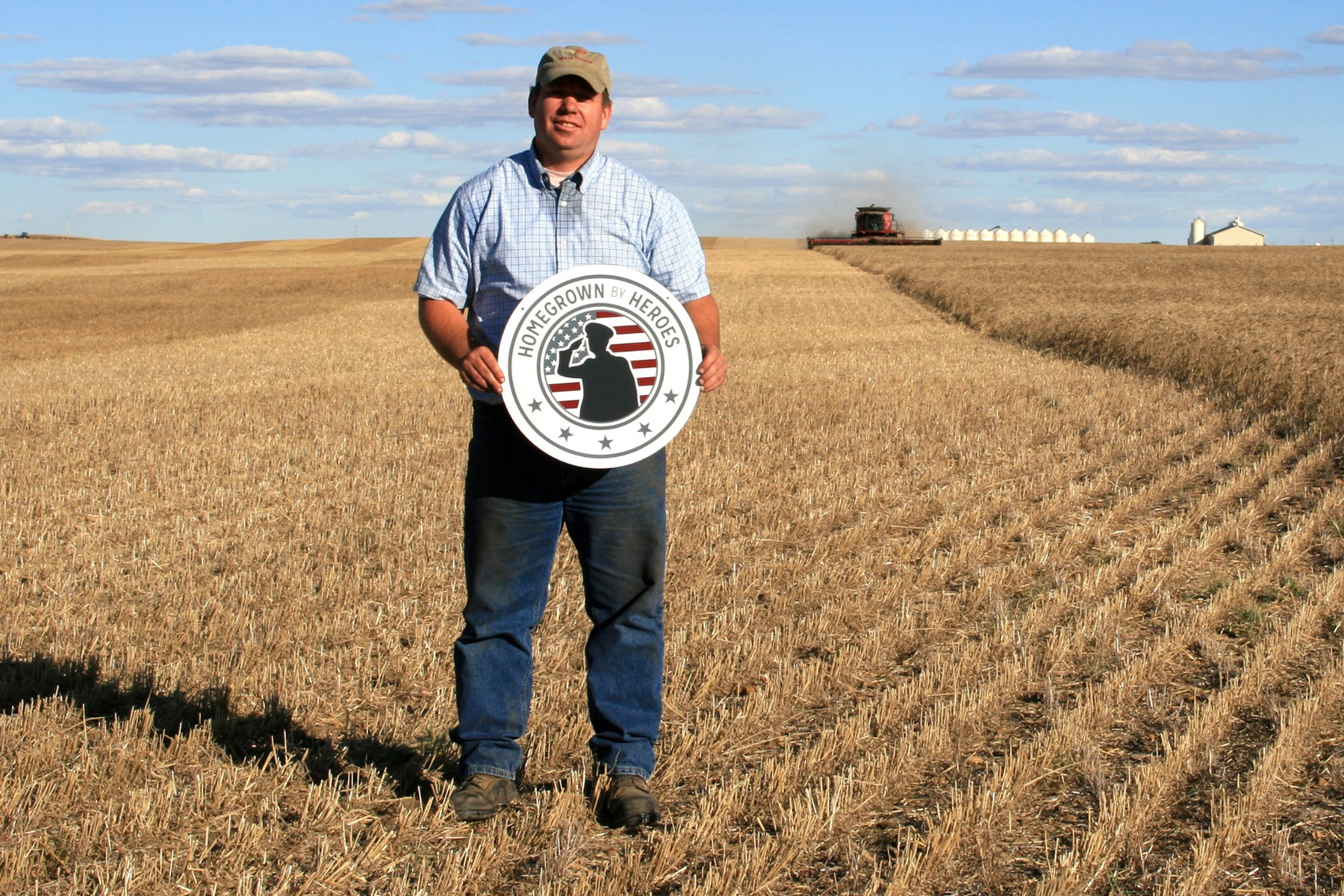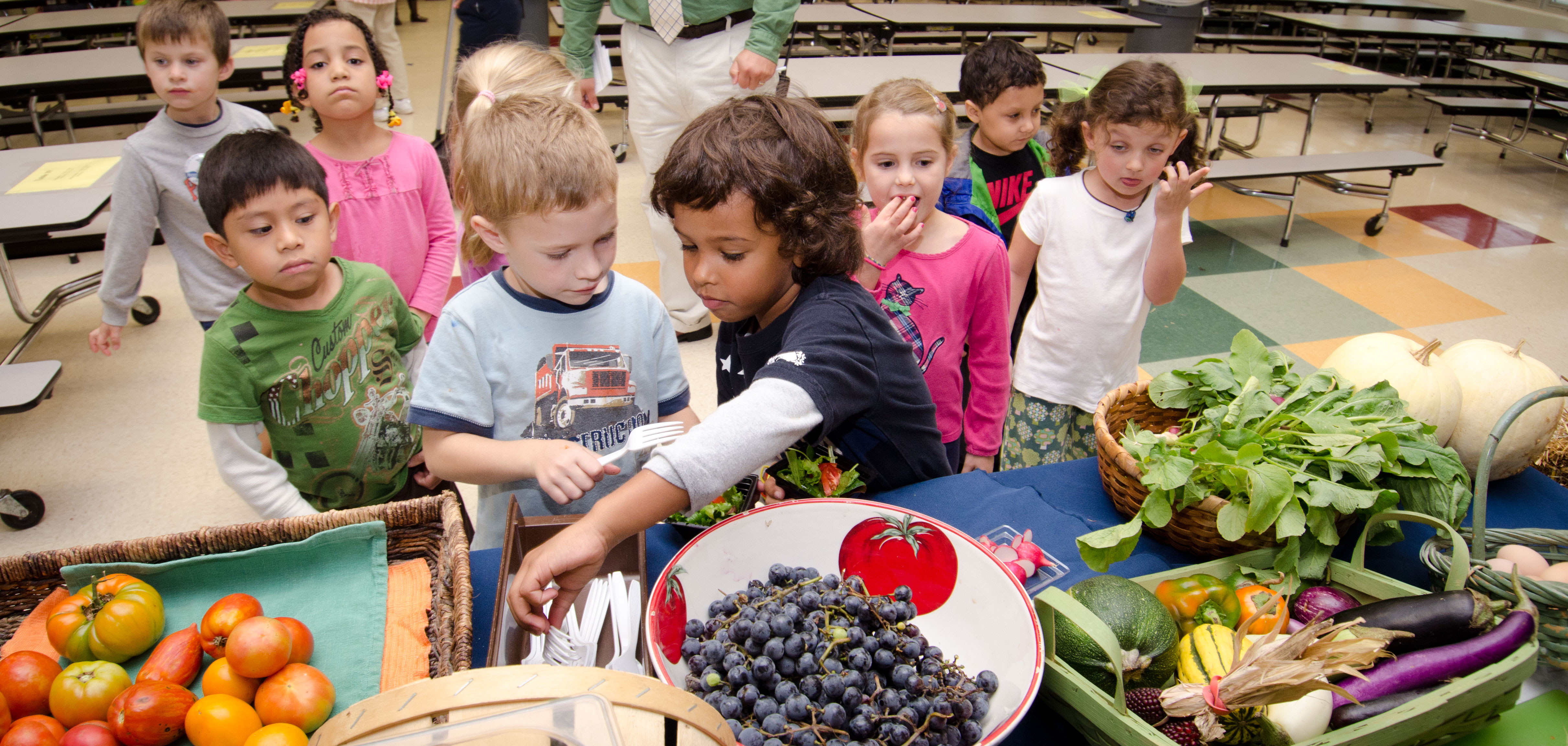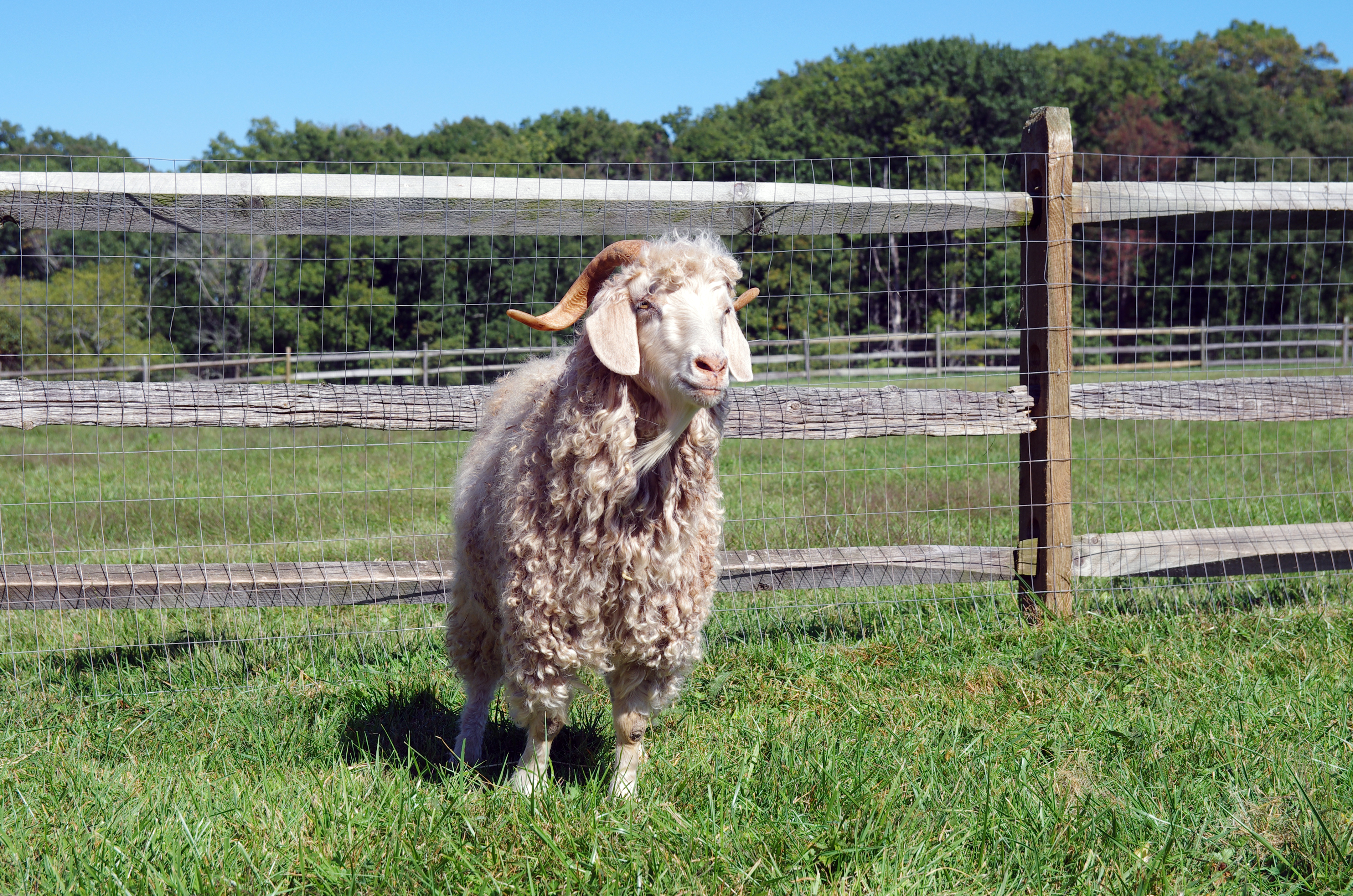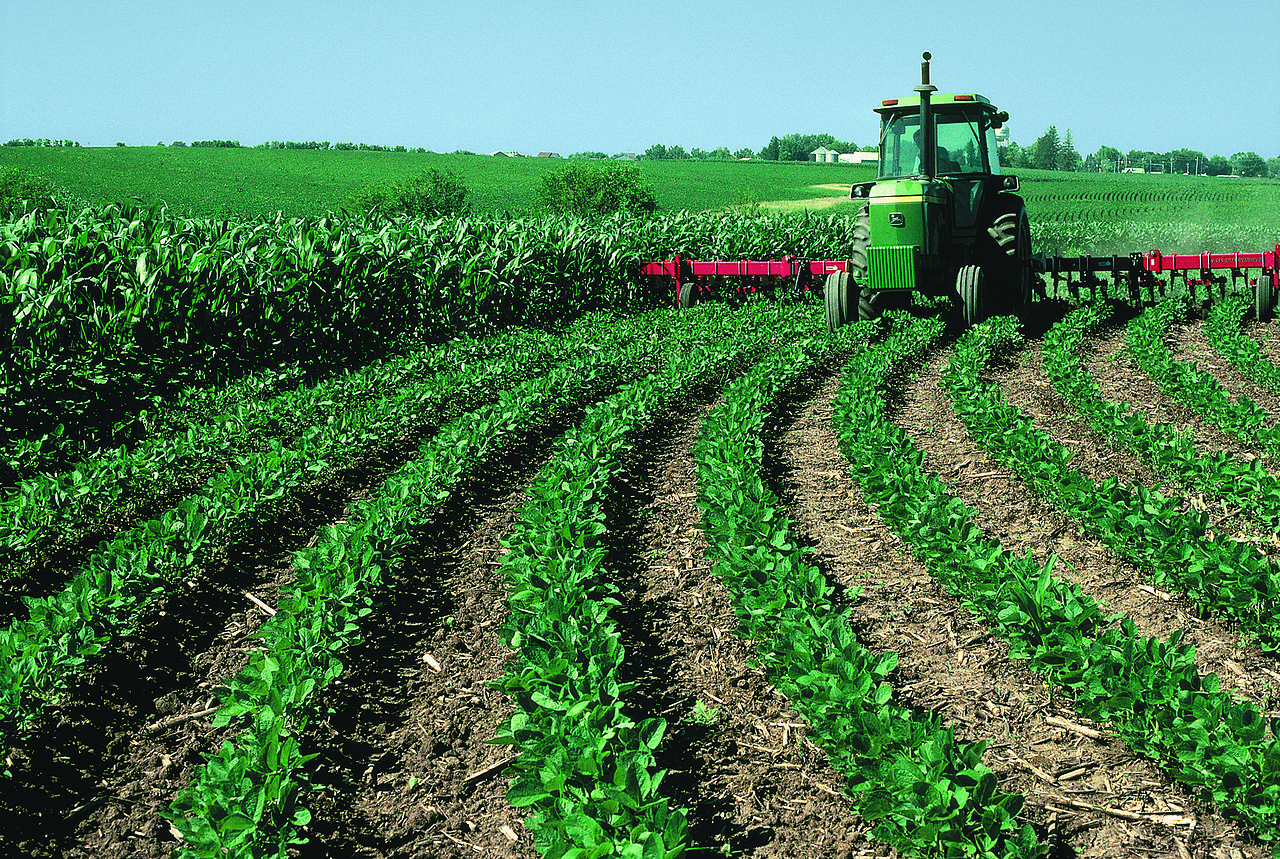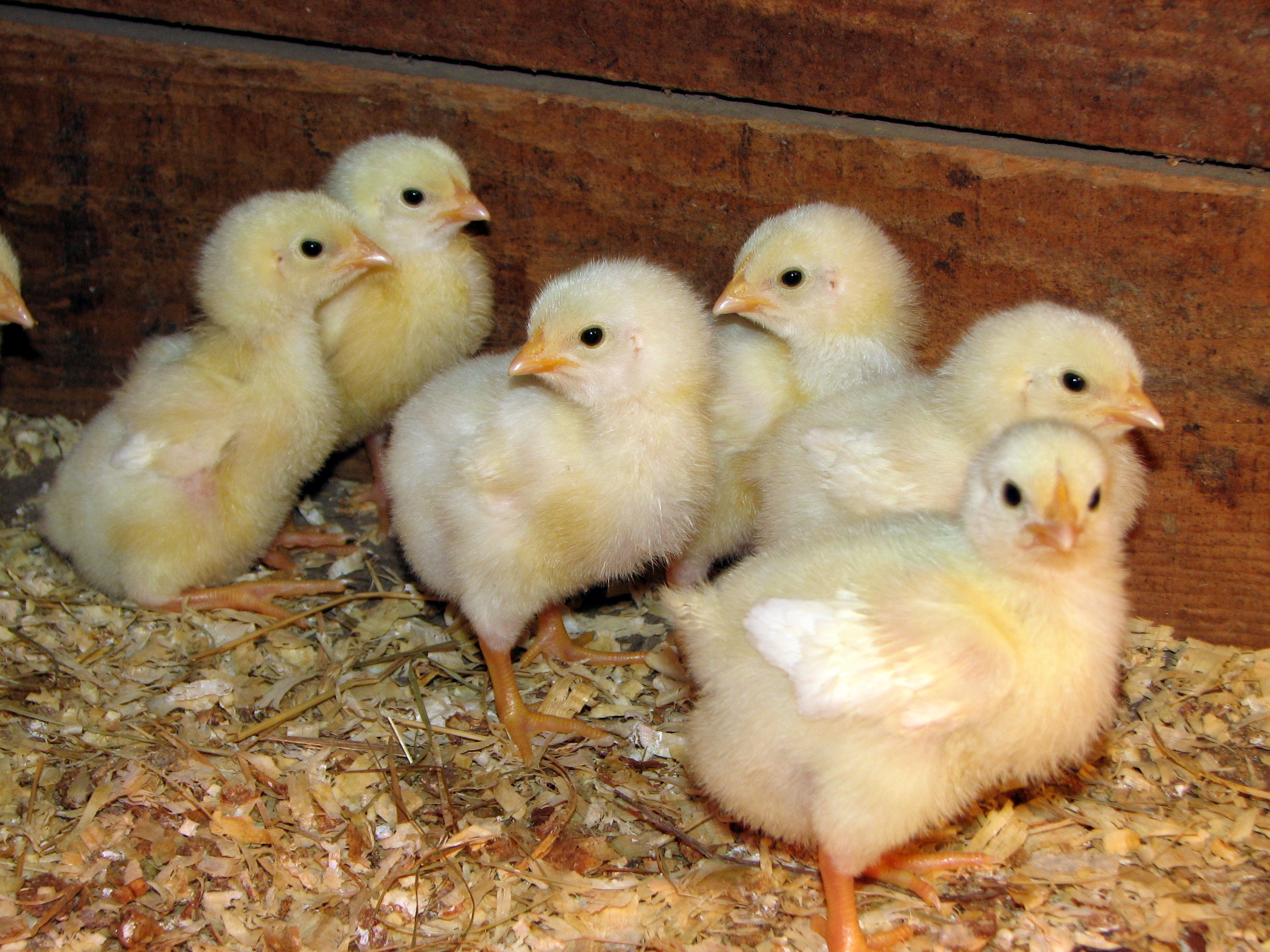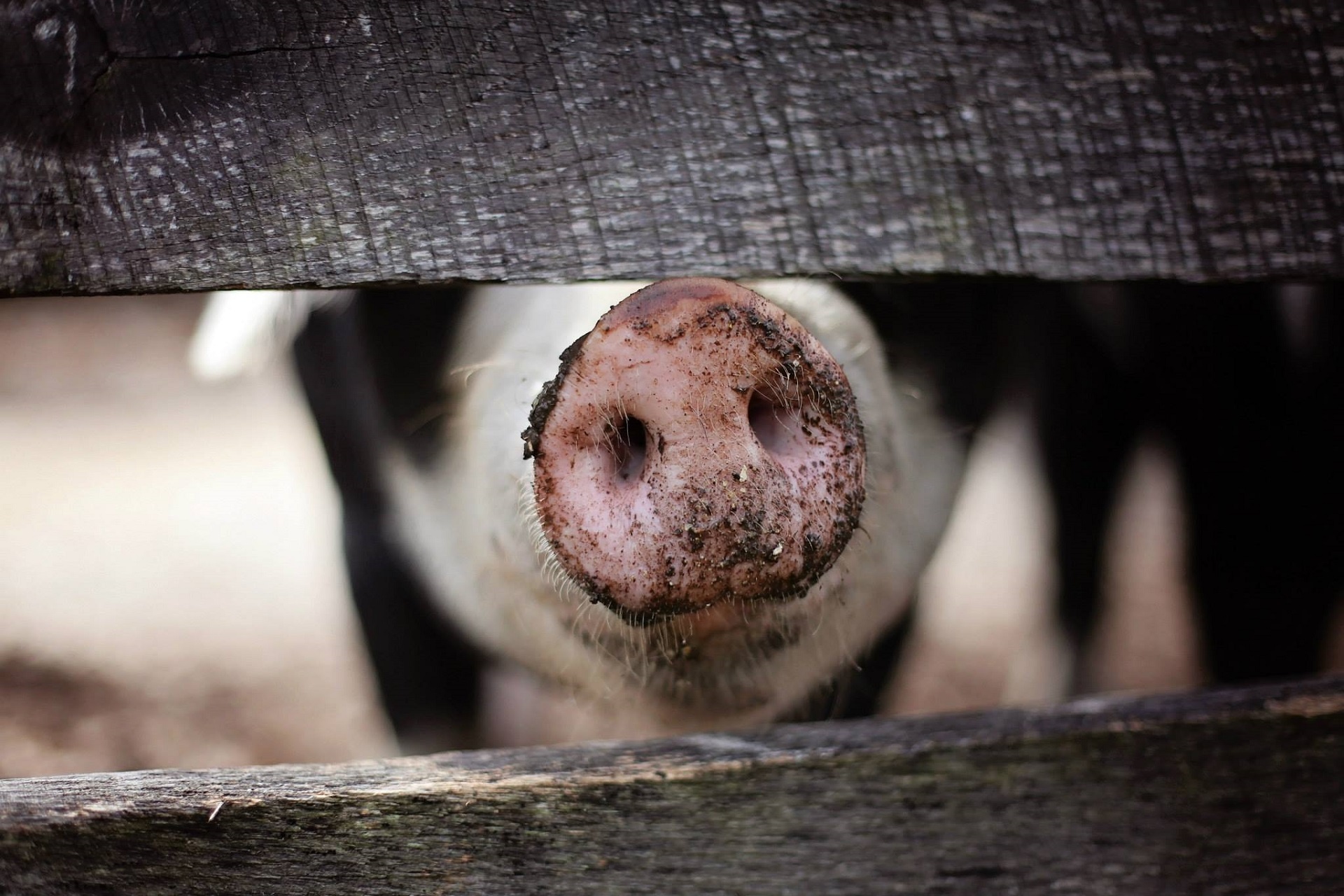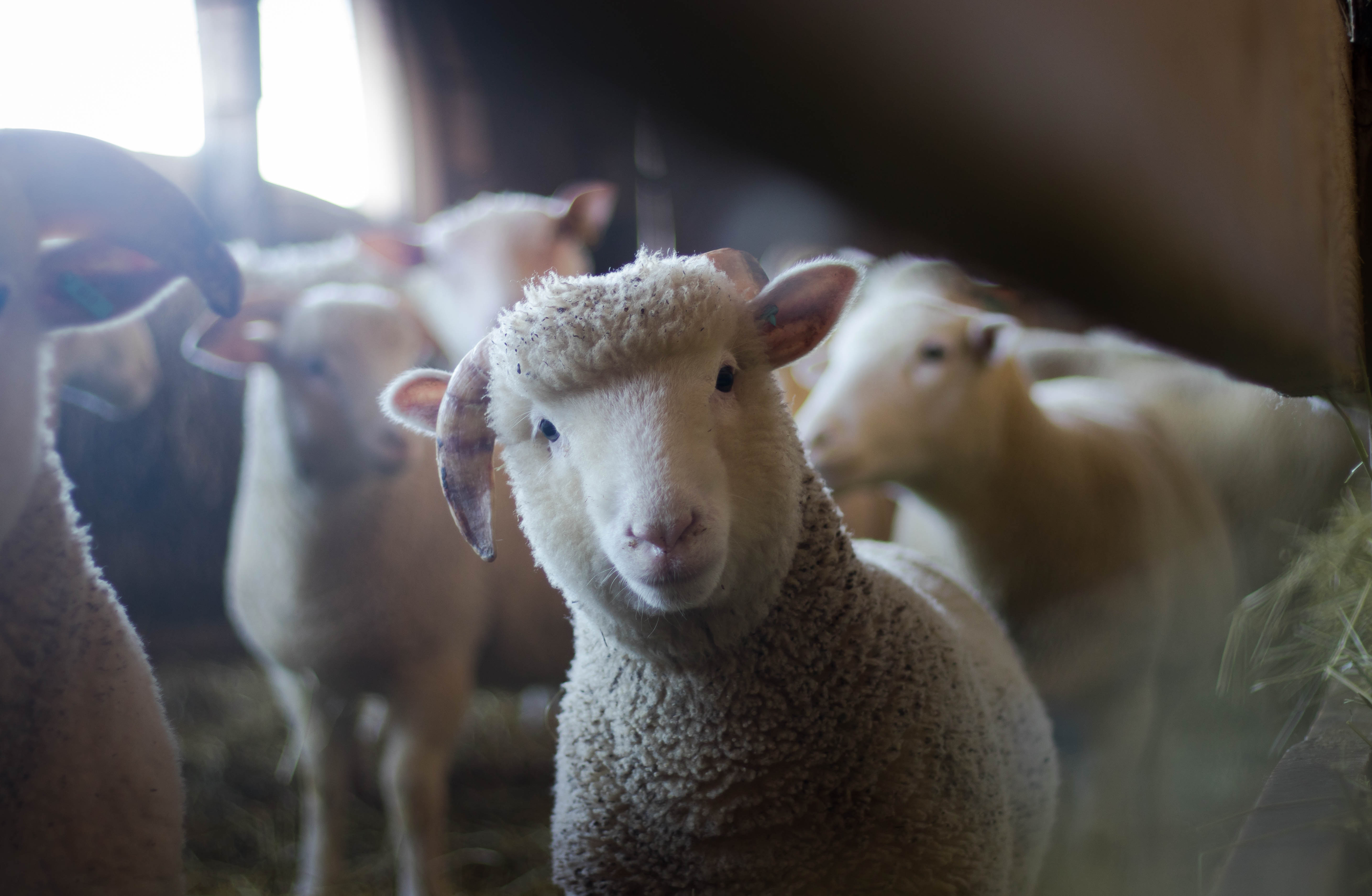By Natalie Grote, NFU Intern Many veterans, upon returning home from serving our country, discover a newfound passion for farming or ranching. After putting in hours of hard work to start their operations, farmer veterans are often determined to both make a living as well as bolster their local economies by selling their homemade products, … Read More
Beginning Farmers
Access to Markets: Farm to School
By Tom Driscoll, Director of NFU Foundation and Conservation Policy A growing interest in local and regional food offers lucrative opportunities for beginning farmers, and growing farm products for these markets often require a less significant investment in land and equipment than other production methods would. However, direct-to-consumer sales do require that farmers spend a … Read More
Access To Markets: Virginia Grown and State Labels
By Tom Driscoll, Director of NFU Foundation and Conservation Policy The market for local and regional food is an important one for beginning producers. A January 2015 report to Congress issued by U.S. Department of Agriculture (USDA) Economic Research Service (ERS) notes that “producer participation in local food systems is growing, and the value of local food sales…appears to be … Read More
Access to Capital: Farm Ownership Loans
By Natalie Grote, NFU Intern The U.S. Department of Agriculture’s Farm Service Agency (FSA) offers both direct ownership loans as well as guarantees for ownership loans from private banks. Direct loans have lower income requirements and generally do not require as extensive farm practice as private loans. Additionally, unlike most private lenders, FSA will work … Read More
Access to Efficiency: Soil Health Cuts Carbon and Input Costs
By Tom Driscoll, Director of NFU Foundation and Conservation Policy, & Hannah Packman, NFU Communications Coordinator It’s the second day of Climate Week NYC, an event dedicated to keeping climate action at the top of the global agenda, making the discussion of agriculture and sustainability particularly apropos. Farmers and ranchers maintain vast potential to mitigate … Read More
Access to Credit: FSA Direct Farm Operating Loans
By Natalie Grote, NFU Intern Last week on the Beginning Farmer Forum, we discussed why microloans are a compelling alternative to traditional loans for beginning farmers and ranchers. However, for some producers, more traditional Farm Service Agency (FSA) loans may make sense. FSA offers a number of loan options, including direct farm operating loans and direct farm ownership loans, … Read More
Access to Capital: FSA Microloans
By Tom Driscoll, Director of NFU Foundation and Conservation Policy The U.S. Department of Agriculture’s Farm Service Agency (FSA), as a lender of first opportunity, has expanded its support of beginning farmers and farmers participating in emerging markets by offering microloans. These loans were first introduced in 2013 and were specifically authorized in the 2014 … Read More
Access to Efficiency: Resource Stewardship Evaluation
By Tom Driscoll, Director of NFU Foundation and Conservation Policy National Farmers Union’s other weekly blog, the Climate Column, has highlighted the value of conservation planning, which assists with the selection and implementation of practices that address specific conservation concerns, such as pest management, biodiversity, or soil health. The U.S. Department of Agriculture (USDA) Natural Resources Conservation Service (NRCS) … Read More
Access to Markets: FSMA Exclusions
By Barbara Patterson, NFU Director of Government Relations, and Roger Noonan, New England Farmers Union President A few weeks ago, we shared the Food Safety Modernization Act (FSMA) Needs Assessment Survey here on the Beginning Farmer Forum (BFF). This week, BFF will cover another FSMA-related topic: what is excluded or exempt from the Produce Safety … Read More
Access to Capital: FSA Loan Servicing
By Tom Driscoll, Director of NFU Foundation and Conservation Policy In Fiscal Year 2016, the Farm Service Agency (FSA) issued 29,602 direct loans to farmers and ranchers totaling $2.39 billion. Of those, almost 17,800 were allocated to beginning producers. The proportion of loans to beginning producers is high because in many cases, FSA is the … Read More

